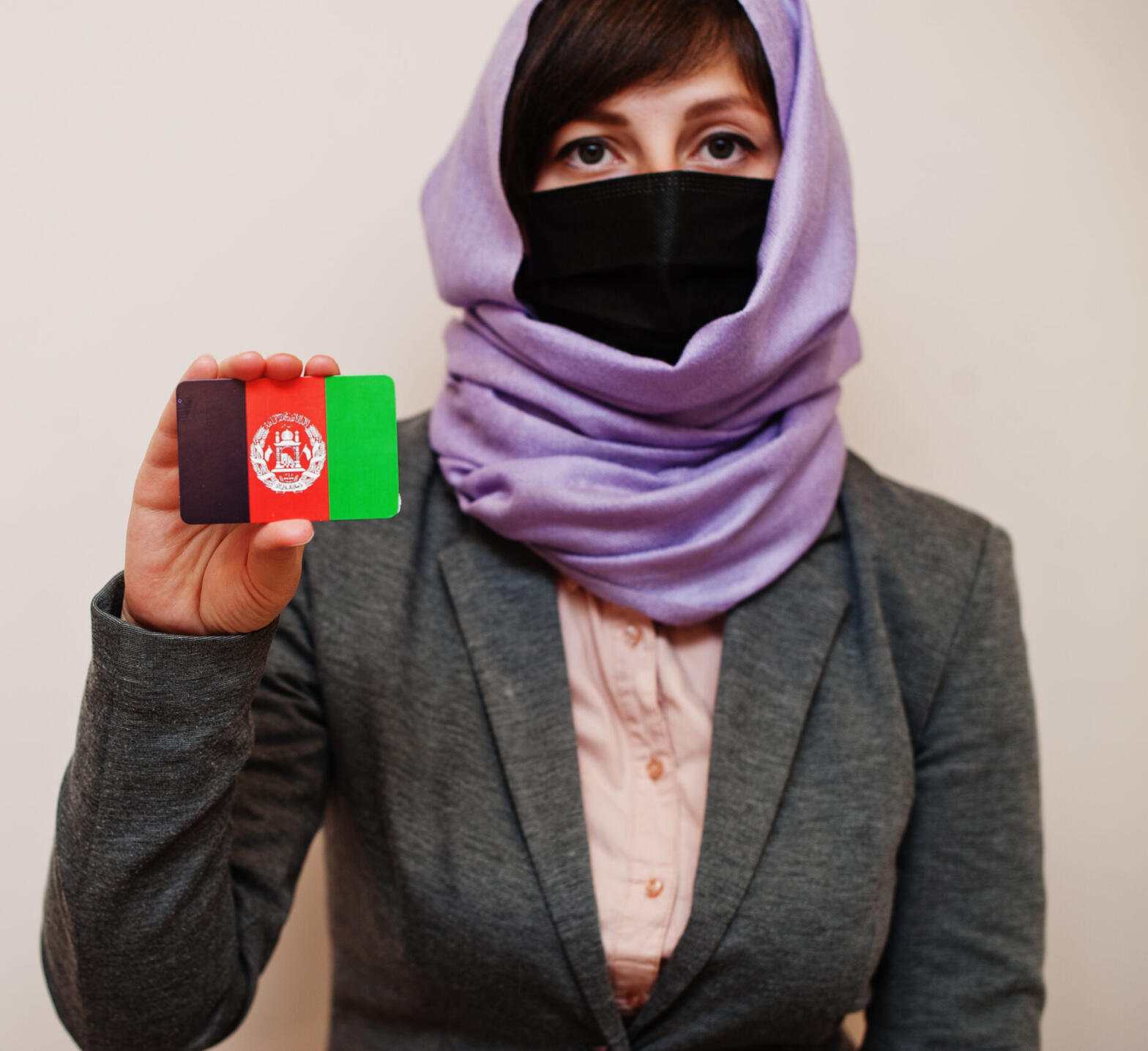The FP2030 alliance is extremely concerned about women’s rights and their ability to access family planning services under the Taliban regime.
In 2016, the Afghan government committed to the FP2020 partnership to accelerate access to rights-based voluntary family planning. Since 2012, the country has increased by 645,000 voluntary family planning users; increased the number of health centers by 25% and signed new agreements with private hospitals to provide free family planning services. The country is on track to achieve a modern contraceptive prevalence rate of 30%, a target it set in its commitment to the FP2020 alliance. It is not an exaggeration to say how much women – adults, teens and teens – now stand to lose after several years of hard-won gains.
In any humanitarian crisis, the reproductive needs of women and other marginalized communities are felt most urgently. We applaud the efforts of UNFPA, which will continue to provide family planning services, and those of many others who are working tirelessly to provide essential health care in these difficult circumstances. We call for timely, safe, and unimpeded access for humanitarian aid workers – both male and female staff – so that they can deliver aid to civilians most in need wherever they are, including sexual and reproductive health services.
All pregnant women, people of childbearing capacity and fathers-mothers have the right to access delivery services and maternal and neonatal health services that can save lives. In addition, all adult women, youth, adolescents, and girls have the right to live free from gender-based violence and discrimination, including child, early, and forced marriage.
The FP2030 alliance remains committed to promoting the use of voluntary and rights-based contraception, especially for adult women, youth and adolescents in crisis, in Afghanistan and around the world.
